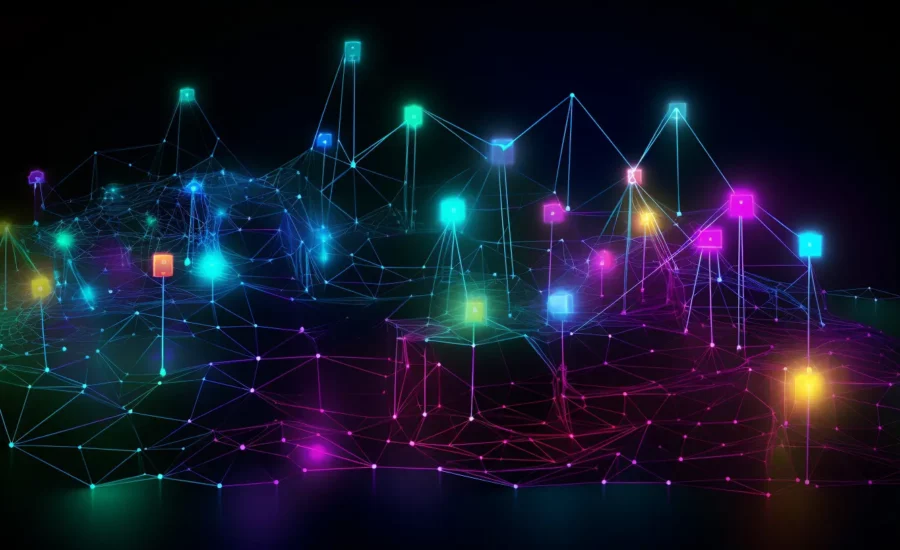In the ever-evolving world of technology, decentralized applications (DApps) have emerged as a transformative force, reshaping how we interact with digital platforms. These innovative applications, built on blockchain technology, bring decentralization, transparency, and enhanced security to various industries. Let’s explore the concept of DApps, their benefits, real-world use cases, and their potential to revolutionize the digital landscape.
Understanding Decentralized Applications (DApps)
Decentralized applications, commonly referred to as DApps, are software applications that operate on a decentralized network rather than a central server. Unlike traditional applications, which are hosted on centralized servers controlled by a single entity, DApps are built on blockchain platforms, allowing them to leverage the advantages of decentralization.
The Benefits of DApps
Decentralization and Security
One of the primary benefits of DApps is their inherent decentralization. Traditional applications are vulnerable to single points of failure, making them susceptible to cyberattacks and data breaches. DApps, on the other hand, are distributed across a network of nodes, enhancing security and mitigating the risks associated with centralized control.
Transparency and Trust
Blockchain’s transparency features are a cornerstone of DApps. Every transaction and operation within a DApp is recorded on the blockchain, providing an immutable and transparent record that users can verify. This transparency fosters trust among users and eliminates the need for intermediaries.
Real-World Use Cases of DApps
Decentralized Finance (DeFi)
DeFi has emerged as one of the most prominent use cases for DApps. Platforms built on blockchain allow users to access financial services without relying on traditional banks. Borrowing, lending, trading, and yield farming are conducted directly between users, enabling greater financial inclusion and autonomy.
Gaming and Non-Fungible Tokens (NFTs)
DApps have disrupted the gaming industry by introducing ownership of in-game assets through NFTs. Players can truly own and trade virtual items across different games, creating new economic models within the gaming ecosystem. Additionally, DApps are enabling blockchain-based virtual worlds and experiences.
Supply Chain and Identity Management
DApps are also revolutionizing supply chain management and identity verification. By utilizing blockchain’s immutability and traceability, DApps enhance transparency and security in tracking the movement of goods and verifying the authenticity of products.
The Future of DApps
As technology continues to advance, the potential of DApps is boundless. With ongoing research and development, DApps are expected to become more user-friendly, scalable, and integrated into our daily lives. As industries continue to adopt blockchain technology, DApps will likely play a pivotal role in reshaping business processes and consumer interactions.
FAQs About Decentralized Applications (DApps)
- Are DApps accessible to everyone? Yes, DApps are accessible to anyone with an internet connection and the required cryptocurrency to interact with the blockchain.
- What is the role of smart contracts in DApps? Smart contracts are self-executing contracts with the terms directly written into code. They automate actions and ensure trust within DApps.
- How can DApps benefit industries beyond finance and gaming? DApps can benefit industries by improving transparency, reducing fraud, enhancing security, and streamlining processes through automation.
- Are there any challenges associated with DApps? Challenges include scalability issues, user adoption, regulatory considerations, and the need for user-friendly interfaces.





